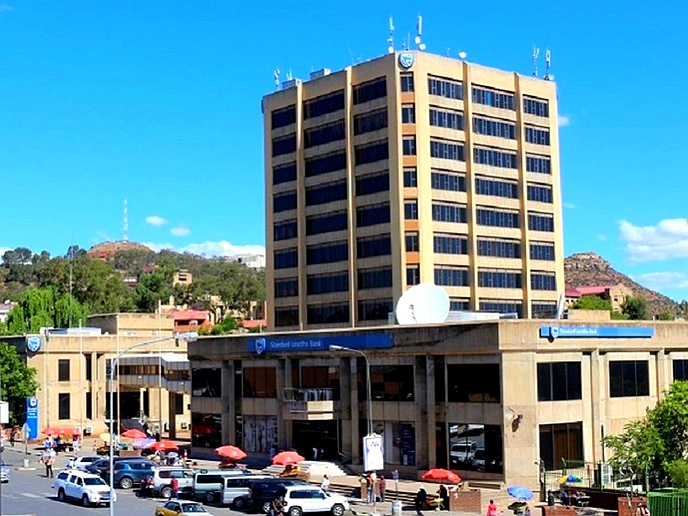AFTER announcing the biggest loss of M17.4 million about two weeks ago, the First National Bank (FNB) Lesotho has opened up, showing that impairments were the biggest impact on its finances in the past fiscal year.
business
April 30, 2021
NEO SENOKO
3 min read
FNB boss explains M17 million loss

FNB Lesotho's CEO Delekazi Mokebe
The bank says due to the impact of the COVID-19 pandemic, it registered a significant drop of M17.4 million in performance, against M28 million profit recorded in the previous financial year.
Loans and advances came under pressure owing to lack of economic activity in the country, in addition to retrenchments at the height of the pandemic.
In line with principles of responsible risk management, an additional M42 million was built into the impairment charge as a further provision overlay to ensure the bank’s strong emergence post this era.
This saw the impairment charge grow six fold to M62 million from M10.4 million in the previous year, as the bank remained conservatively provided for the loans and advances book.
But the bank has revealed that it remains adequately capitalised, highly liquid and has taken the necessary risk management measures to ensure stability and fully support the economy.
In an interview with Metro, the bank’s Chief Executive Officer Delakazi Mokebe identified some of the reasons for the loss, highlighting that impairments were the biggest impact on their financials.
“We decided to prepare for the future and take on impairments in preparation for any eventualities in terms of our loans and advances. So if you really do analyse our financials, you will realise that the impairments were the biggest impact on our financials.
“But the business itself also grew and our deposits book grew as well as the total revenue. What we did was to take a prudent approach in terms of our credit management principles and take that insurance for the future,” Mrs Mokebe further explained.
She said it was a deliberate decision that the bank took because of its strict risk management principles with regard to credit management.
The fact that businesses and clients have all been affected by the pandemic also had its own impact.
“It was a very deliberate decision that we as a bank took because we have strict risk management principles with regard to credit management,” she said.
Enjoy our daily newsletter from today
Access exclusive newsletters, along with previews of new media releases.
In terms of the financial performance and obviously with businesses and clients having been affected, Mrs Mokebe said times like these, are the most important to making sure that the bank takes insurance for the future.
“Our clients have been affected and as a bank we lend money to the clients, so times like these are the most important to making sure that we take insurance for the future.
“So if you analyse our financials, you will realise that in terms of total revenue, the bank actually grew about one percent year on year,” she also said.
The bank’s financial statements further revealed that the total income before credit impairments grew by 0.92 percent from 2019, with Non-Interest Revenue showing resilient performance at 3.87 percent growth. This performance was aligned to the company’s digital strategy journey that saw an unprecedented number of clients transacting through bouquet of digital offerings.
The focus on providing customers with safer and readily available transacting platforms saw the customer deposit book grow by 13.1 percent in 2020.
Tailored for you






